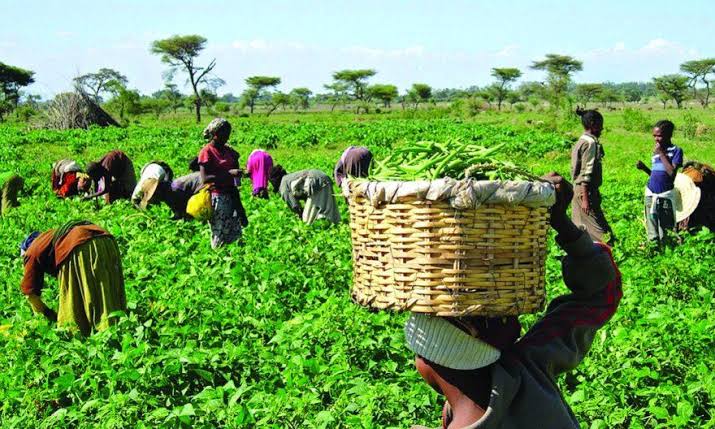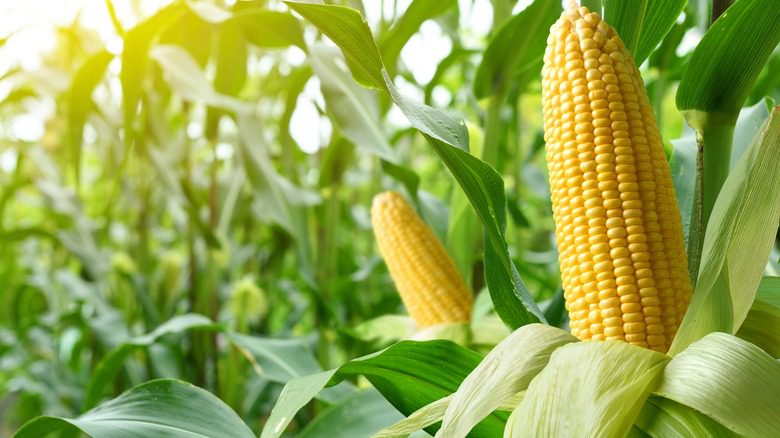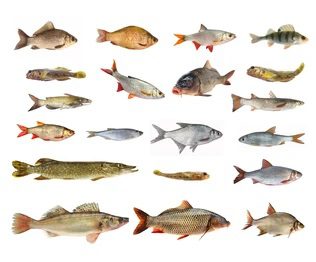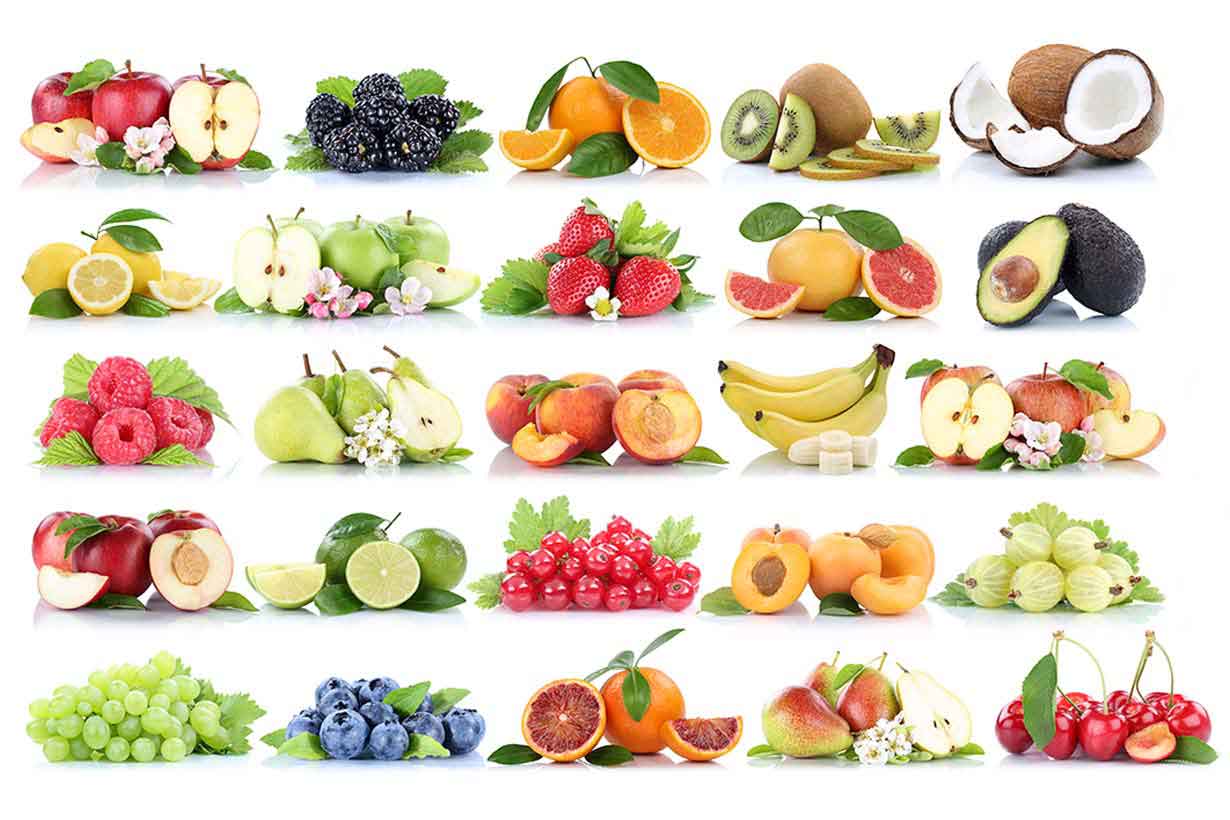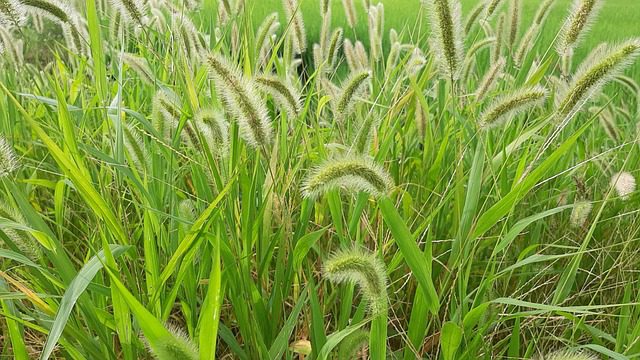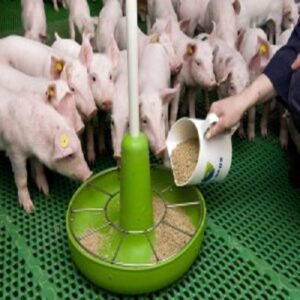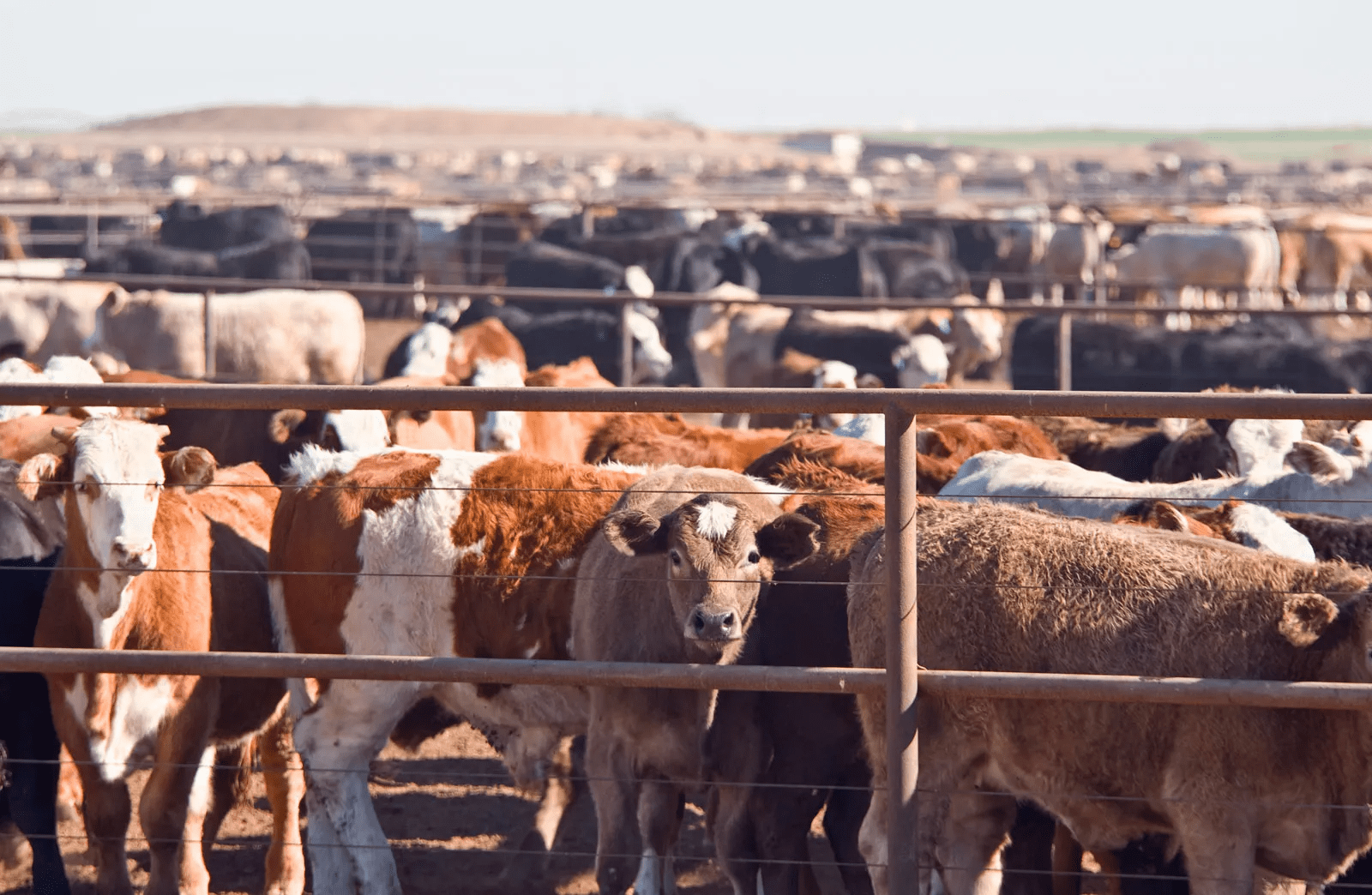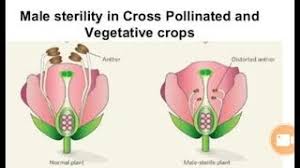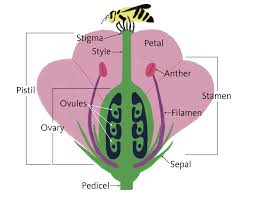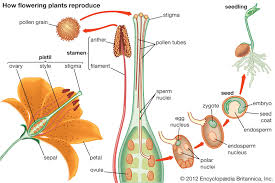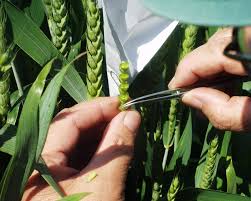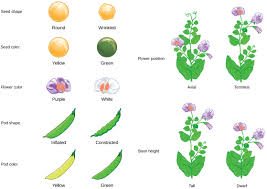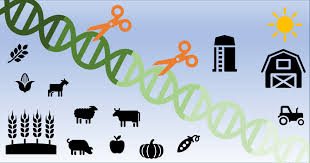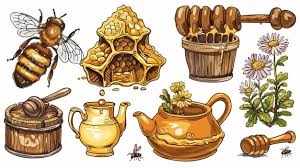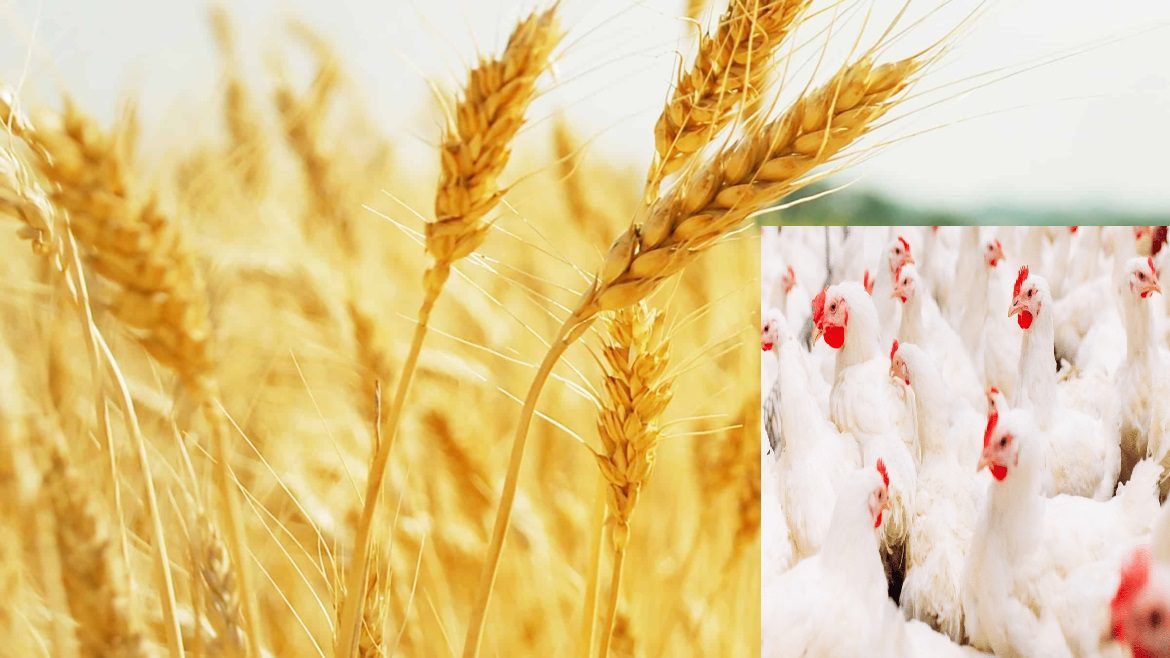
Agric4Profits.com – Your Comprehensive Practical Agricultural Knowledge and Farmer’s Guide Website…
It’s All About Agriculture – The Way Forward!
Browse Our Categories
Free Consultancy for African Women (Let’s Feed Africa!)
Free Agricultural Consultation Form
Testimonials
Latest Posts
Organic and Inorganic Termites Control Measures
Termites are becoming a big threat to most farmers. These eat up the crops in the gardens, Farm structures and also the stored produce. Their social way of life can… Read More

Self Incompatibility and Male Sterility in Crop Plants
This article introduces factors that encourage self and cross-pollination in crop plants, which may be due to flower structure, gametophytic, sporophytic incompatibility, or sterility systems. Read Also: How to Grow, Use… Read More

Reproduction in Crop Plants: Types, Importance, and Breeding Methods
The mode of reproduction in crop plants plays a significant role in determining the breeding method to use and largely influences the type of variety produced. Understanding the mode of… Read More

Meaning and Importance of Heritability in Crop Breeding
Heritability is one of the most important factors in designing an effective breeding plan. Heritability determines what can possibly be gained during a selection process. Heritability (symbolized h²) is the… Read More

Steps for Controlled Crosses and Sourcing Breeding Materials in Plant Breeding
Plant breeders depend on the existence of genetic variability to select superior genotypes for the development of new varieties. This highlights the importance of knowing how to make crosses to… Read More

Plant Cell and Fertilization in Plants
Cells vary widely in structure and function, but they have some important properties in common, and all cells represent the basic unit of living materials. Great variation occurs among the… Read More

Differences Between Qualitative and Quantitative Traits in Agricultural Genetics
In this article, traits governed by many genes, known as quantitative traits, will be discussed. Each gene contributes a small amount to the phenotype such that individual effects cannot be… Read More

Introduction to Mendel’s Contributions in Agricultural Genetics
Gregor Mendel, recognized as the “father of genetics,” laid the foundation for modern genetics through his meticulous experiments with pea plants. His work introduced two fundamental principles: the Principle of… Read More

The Gene and Its Role in Heredity Agricultural Genetics
The gene is the hereditary unit which is transmitted from parent to offspring from one generation to the next. The genes reside on a long molecule called deoxyribonucleic acid (DNA).… Read More

Introduction to Crop Breeding in Agriculture
Crop breeding is the art and science of changing and improving plants genetically. The art of breeding lies in the ability of the crop or plant breeder to observe plant… Read More

11 Health Benefits of Neem Tree (Azadirachta indica)
The neem tree (Azadirachta indica) is also known as Indian lilac and Dongoyaro in some parts of Africa. Neem tree is a magical evergreen tree (a drought-resistant tree), a native… Read More

Honey Production Guide: The Basics to Get Started
Honey is a naturally sweet, viscous food produced by honey bees, by collecting plant nectar, which is then altered by the bee using some kinds of enzymes and then finally… Read More

